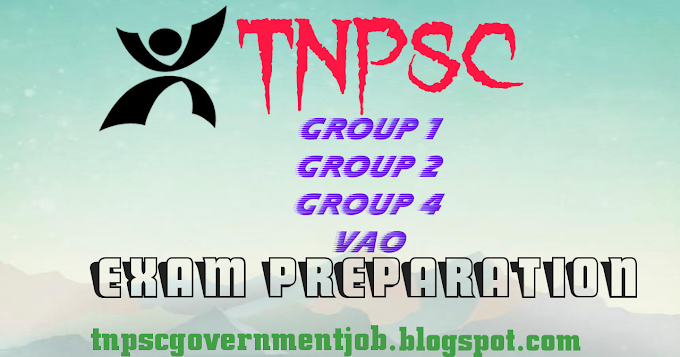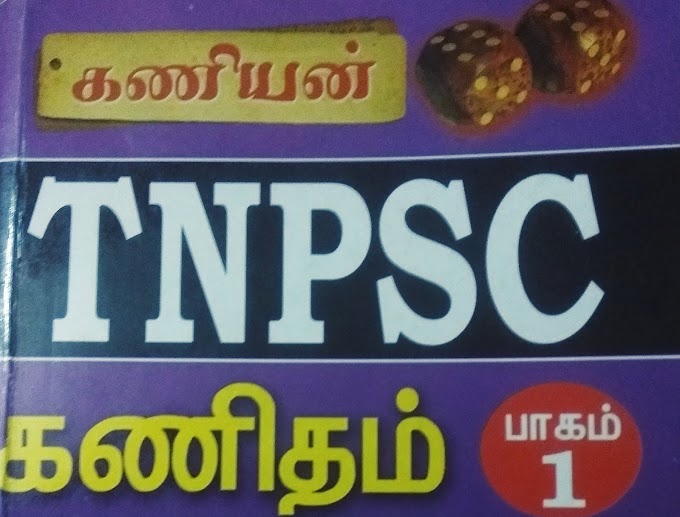NOVEMBER MONTH IMPORTANT CURRENT AFFAIRS IN IAS, TNPSC, RRB, SSC EXAMS
1.)UNESCO Asia-Pacific Awards for Cultural Heritage Conservation
- The UNESCO Asia-Pacific Awards for Cultural Heritage Conservation were announced recently.
- The programme recognizes the efforts of private individuals and organizations that have successfully conserved structures and buildings of heritage value in the region.
- It aims to encourage other property owners to undertake conservation projects within their communities, either independently or by seeking public-private partnerships.
- Ever since the awards programme was established in 2000, major strides have been witnessed in cultural heritage conservation over the past twenty years.
2.)Sangai Tourism Festival
- Government interventions for development in various sectors In News
- Named after the state animal Sangai, the brow-antlered deer found only in Manipur, the festival started in 2010 and it has grown into a big platform for the state to showcase its rich tradition and culture.
- The brow-antlered deer or the dancing deer is found in its natural habitat only at Keibul Lamjao National Park over the floating biomass locally called "phumdi" in the south eastern part of Loktak Lake
- It is now recognized as a national event and has brought the state’s cultural flavor to the centre stage, as well as promote handloom and handicraft products.
- The 10-day festival, the biggest of the state, will see various cultural troupes from different parts of the country, including Assam, Odisha and Uttar Pradesh; and countries like Thailand and South Korea
3.)World Food Programme
- The UN World Food Programme and Chinese e-commerce giant Alibaba Group have formed a strategic partnership to support efforts to eliminate hunger globally by 2030 - one of the key Sustainable Development Goals.
- In particular, Alibaba Cloud, the cloud computing arm of Alibaba, will collaborate with WFP to develop a digital World Hunger Map to monitor the status of global hunger and help enhance the efficiency of operations and shorten emergency response times to support efforts towards the goal of attaining SDG 2.
- The parties will also create a Digital Transformation Working Group to determine priorities, assess new opportunities, and review progress on projects.
- In India, WFP has moved from providing direct food aid to providing technical assistance and capacity building services to the government
3.)Quota For Marathas
- After months of protests, the Maratha community has secured promise of reservation in government jobs and educational institutions. The proposal has been cleared by the Maharashtra legislature to provide 16% reservation.
- Previous government in 2014 moved to reserve 16% of seats in government jobs and educational institutions but it was stayed by the Bombay High Court.
- As per Article 340 of the Constitution, the term socially and educationally backward class (SEBC) is being used for the OBCs.
4.)SC on Double Jeopardy
- The SC has held that the bar of double jeopardy does not arise if an accused was discharged of a criminal offence, even before the commencement of trial, on the basis of an invalid sanction for prosecution.
- The judgment is based on an appeal filed by the State of Mizoram against an order passed by the Guwahati High Court in August 2015, upholding a Special Court decision to decline to entertain a second charge sheet filed in a corruption case against the accused, Dr. C. Sangnghina on the ground of double jeopardy.
- Article 20(2): It mandates that a person can’t be prosecuted or punished twice for same offence
5.)Issue Over Dissolution Of J&K Assembly
- Jammu and Kashmir (J&K) Governor Satya Pal Malik dissolved the State Assembly, citing the impossibility of forming a stable government.
- Malik moved shortly after PDP leader Mehbooba Mufti staked claim to form a government with the support of the National Conference and Congress. She cited a collective strength of 56 MLAs in the 87 member House.
- The Sarkaria Commission makes it clear that where pre-poll alliance and largest party principles cannot apply, then a third and fourth option must be first tried, before the extreme step of dissolution viz. post electoral coalition of parties or some of the parties in the alliance forming a govt and the remaining parties supporting the government from outside. Clearly, the J&K context falls in these categories which the governor deliberately and illegally avoided.
6.)Bill For Renaming High Courts
- A Bill seeks to rechristen the iconic High Courts of Madras, Calcutta and Bombay has run into trouble and a fresh bill has to be introduced in Parliament to do the same.
- The High Court (Alteration of Names) Bill, 2016 was introduced in the Lok Sabha in July 2016 to change the names of Calcutta, Madras and Bombay High Courts to Kolkata, Chennai and Mumbai High Courts, respectively.
- Rationale: Since the names of the cities in which the High Courts are located have been changed, the names of the High Courts are being consequently modified.
- Government to modify relevant laws: As per the Bill, in order to give effect to the alteration of names of the three High Courts, the appropriate government will have the power to amend or repeal any laws. This must be done within one year of the coming into force of this Act.
- Concern Areas o The Tamil Nadu government has asked the Centre to rename the Madras High Court to High Court of Tamil Nadu instead of High Court of Chennai as proposed in the Bill. o While West Bengal wants the Calcutta High Court to be renamed as Kolkata High Court but the High Court has itself not agreed for revised nomenclature.
- State’s views sought: The Central government has sought views from the State governments concerned and the respective High Courts for finalizing a fresh Bill.
7.)Government May Invoke Section 7 Of RBI Act
- The issue of government invoking the never used before powers under Section 7 of the RBI Act, thereby allowing it to issue directions to the Central Bank Governor, is a development that gives a new twist to the ongoing skirmish between RBI and the Government.
- There is a possibility that the government may issue direction on issues ranging from liquidity for Non-Banking Financial Companies (NBFCs), capital requirement for weak banks, imposition of prompt corrective action (PCA), and lending to SMEs.
- The Section 7 of the RBI Act empowers government to consult and give instructions to the Governor to act on certain issues that the government considers serious and in public interest.
- This section had never been used in independent India till now. It was not used even when the country was close to default in the dark days of 1991, nor in the aftermath of the 2008 crisis.
8.)Yuva Sahakar - Cooperative Enterprise Support and Innovation Scheme
- To cater to the needs and aspirations of the youth, the National Cooperative Development Corporation (NCDC) has come up with a youth-friendly scheme Yuva Sahakar-Cooperative Enterprise Support and Innovation Scheme for attracting them to cooperative business ventures.
- The scheme will be linked to Rs 1000 crore Cooperative Start-up and Innovation Fund (CSIF), created by the NCDC. It would have more incentives for cooperatives of North Eastern region, aspirational districts, and cooperatives with women or SC or ST or PwD members.
- NCDC was established by an Act of Parliament in 1963 as a statutory Corporation under the Ministry of Agriculture & Farmers Welfare.
9.)India Slips In Global RTI Ratings
- It is surprising to note that despite the RTI statute in India remaining the same along with its legal framework, India has slipped from its 2 nd position in 2011 to 4th, 5th, and 6th position in 2016, 2017, and 2018 respectively on Global RTI rating
- The Global RTI ratings, based on 61 indicators, is a programme founded by the Centre for Law and Democracy (CLD), a Canada-based non-governmental organisation, along with Access Info Europe. Purpose of Ranking: According to CLD, the global RTI rating is a system for assessing the strength of the legal framework for guaranteeing the right to information in a given country.
- Comparative Ranking: India ranks lower than smaller nations like Afghanistan, which adopted the RTI later than India and Serbia.
10.)Lexicon For Tribal Languages In Odisha
- In what is seen as a significant step to keep vanishing tribal languages in circulation, the Odisha government has come out with lexicons of 21 such languages
- The bilingual tribal dictionaries will be used in multilingual education (MLE), initiated by the State government, at the elementary level in tribal-dominated districts.
- The bilingual tribal dictionaries for MLE and trilingual tribal language proficiency modules in all the 21 tribal languages have been formulated by the Special Development Council. Both will help in enhancing proficiency in tribal languages.
- Odisha has a unique place on the tribal map of India for having the maximum number of Scheduled Tribe communities. The State is home to 62 different tribal communities, including 13 Particularly Vulnerable Tribal Groups (PVTGs).
Online Test Series
Ancient India History
Indian Polity
Current Affairs
Modern India History
Other Related Articles
Group 1 Exam
Group 2 Main Exam
Tamilnadu government Schemes







